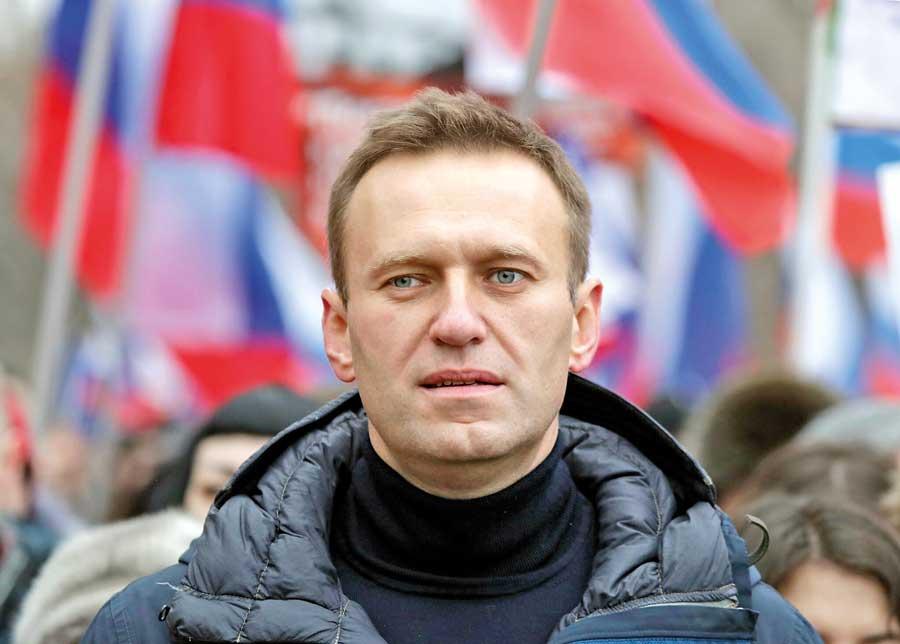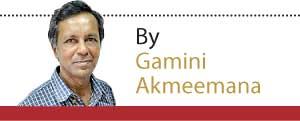26 Feb 2024 - {{hitsCtrl.values.hits}}

Deceased Russian Opposition Leader, Aleksei Navalny
The sudden, mysterious death of Aleksei Navalny, the charismatic Russian Opposition Leader imprisoned on trumped up charges, came as a shock to many. It’s not totally surprising, however, given the long list of Russians killed by gunmen or by poisoning over the past decade. They all have one thing in common, running afoul of the Kremlin (which is Vladimir Putin) for one reason or another.
trumped up charges, came as a shock to many. It’s not totally surprising, however, given the long list of Russians killed by gunmen or by poisoning over the past decade. They all have one thing in common, running afoul of the Kremlin (which is Vladimir Putin) for one reason or another.
The shadowy Yevgeny Prigozhin, Head of the Wagner Mercenary Group (with close ties to Putin) who led an armed rebellion against Putin from Ukraine in June 2023, died in a plane crash with top associates in August 2023.
Little noticed was the murder of Maksim Kuzminov, a Russian helicopter pilot who defected from the fighting in Ukraine. He was shot dead in February this year near Alicante in Spain. Spanish intelligence services accused the Kremlin of orchestrating the killing.
It’s interesting to compare this defection – and the unforgiving reaction to it – with that of Soviet pilot, Viktor Belenko who defected in 1976 to Japan with the Soviets’ latest MiG 25 interceptor, when Nikolai Podgorny was President of the former USSR. Though the Kremlin vehemently protested, Belenko was allowed to settle down in the US and live peacefully as an aeronautical engineer.
The interesting thing is that, while repressing critics and opponents was official policy from Stalin to Brezhnev, Putin’s ‘new Russia’ does not resort to mass arrests, exiles and large scale show trials to maintain its grip on power. Just by targeting a few individuals, it is able to silence the population with fear of what might happen if they speak out
In 2003, veteran politician and leader of the anti-Kremlin party Liberal Russia, Sergei Yushenkov was shot in front of his Moscow home. He led efforts by liberal lawmakers to investigate the possible involvement of the Russian Federal Security Service (FSB) in a series of deadly apartment bombings in 1999 which killed some 300 people. Moscow put the blame on Chechen militants, and used it as a pretext to launch the Second Chechen War.
In October 2006, Anna Politkovskaya, one of Russia’s most prominent journalists and a persistent chronicler of rights abuses in Chechnya, was shot dead in her apartment building, in an execution-style killing. The following month, former Russian security agent, Aleksander Litvinenko died in London after being poisoned with radioactive polonium-210. Litvinenko had fled to Britain in 2000 after accusing the FSB of plotting to kill oligarch, Boris Berezovsky. He later co-authored a book blaming the agency for the 1999 apartment-building bombings.
In July 2009, Natalya Estemirova, the renowned human rights activist, was abducted and killed in Grozny, the capital of Chechnya. She had been investigating hundreds of suspected rights abuses in Chechnya, including kidnapping and murder. The rights group she worked for, Memorial said, initial investigations pointed to the possible involvement of local law enforcement officers.
Four months later, the whistle-blowing lawyer, Sergei Magnitsky who had implicated Russian officials in an alleged $ 230 million tax fraud died one year after being jailed on similar charges. He suffered from pancreatitis and was denied medical care in pre-trial detention – conditions rights activists said were tantamount to torture. According to the Kremlin’s own human rights council, he was badly beaten before his death.
In February 2015, Boris Nemtsov, the reformist former regional governor and deputy Prime Minister, was shot dead in a gangland-style killing on a bridge near the Kremlin, at age 55. He was a rising political star in the 1990s, but became one of Putin’s most vocal opponents. He staunchly opposed Russia’s aggression against Ukraine in 2014, calling it “despicable,” “impudent,” and “harmful for Russia.”
The interesting thing is that, while repressing critics and opponents was official policy from Stalin to Brezhnev, Putin’s ‘new Russia’ does not resort to mass arrests, exiles and large scale show trials to maintain its grip on power. Just by targeting a few individuals, it is able to silence the population with fear of what might happen if they speak out.
It isn’t clear yet how Navalny, aged 47, died. He survived poisoning with nerve gas in 2020, and chose to return to Russia. He was immediately arrested and sent to a harsh Siberian prison. He didn’t get the medical care he needed. There is no official cause of death given yet, but it looks very much like the same old story.
Vlad Vexler, a Russian philosopher now living in Britain says while speaking on the death of Navalny that the Russian population is now largely depoliticized. This is precisely what ‘strongmen’ rulers, or dictators want, consumers rather than critics.
It isn’t clear yet how Navalny, aged 47, died. He survived poisoning with nerve gas in 2020, and chose to return to Russia. He was immediately arrested and sent to a harsh Siberian prison. He didn’t get the medical care he needed. There is no official cause of death given yet, but it looks very much like the same old story
Navalny was a political dissident in the historical Russian tradition of Belinksy and Bakunin. Putin loathed him so much he refused to mention Navalny’s name in public.
Vexler calls Navalny an ambitious politician who was trying to politicise the Russians, ‘a radically depoliticised people’. He says Navalny had two weaknesses, one minor and one major. An unwillingness to build coalitions was the minor weakness. The lack of a political alternative necessary to go along with a politicisation programme was the major weakness. He was staunchly anti-corruption, but that didn’t amount to an alternative political programme.
According to Vexler, Navalny wasn’t a visionary politician like Mikhail Gorbachev. But he was the only Russian opposition politician who had the means of politicizing today’s Russians.
Putin saw that the new generation was not with him. Vexler says they were not with the older generation either, and not necessary liberal and believing in Navalny. But Putin would have spotted the danger. If there was anyone there who could convert the new generation Russians to a cause, it was Navalny.
And now he’s gone, and there is no one who can fill that void. Vexler says Navalny died battling something which the Ukranians are battling every day, and it’s not just a problem of the ex-Soviet space.
Rather, it is a problem that will engulf all of Russia if people don’t rise up to the challenge and face it.
29 Apr 2024 5 minute ago
29 Apr 2024 25 minute ago
29 Apr 2024 1 hours ago
29 Apr 2024 2 hours ago
29 Apr 2024 3 hours ago